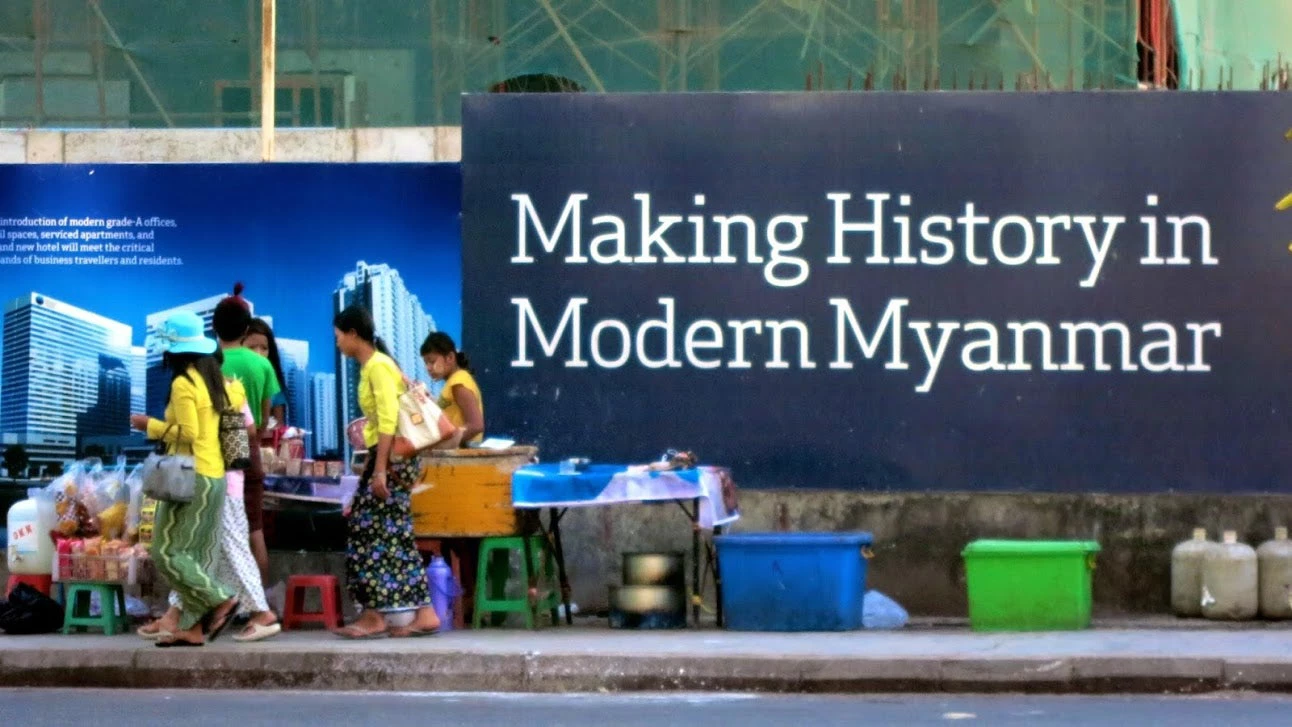
How do you help a burgeoning democracy like Myanmar with its transition to a market-based economy after 50 years of isolation, poor infrastructure and limited capacity for reform? You do it by engaging closely with the government, the private sector and development partners, and by providing the full range of data, financing and knowledge available across all sectors of the economy.
As I conclude my first visit to Myanmar, a fragile and conflict-affected country where the World Bank Group started our development engagement just three years ago, I've witnessed first-hand how the WBG can best support such an economy in transition. As Myanmar looks forward to its first free and fair election in over two generations – an event coming up in November – the challenge will be to ensure continued reform momentum during a period of dramatic political change.
Seldom have we faced such dramatic circumstances in a country where our engagement is in such an early stage and where the development potential is so great. A country of 50 million people that went from once being the rice basket of Asia to today having the lowest life expectancy and the second-highest rate of infant and child mortality among ASEAN countries as well as vast untapped farmland, Myanmar provides a once-in-a-lifetime development opportunity. This situation offers a chance for the WBG’s Trade and Competitiveness Global Practice to contribute to the transformation of an economy and society by supporting regulatory reforms, improving trade policy and trade facilitation, helping generate investment and improving the ability of the country to compete in one of the world’s most dynamic regions.
I was privileged during my visit to meet with the Minister and Deputy Minister of Commerce and their senior staff, and to open the Third Session of the Trade Sector Working Group, which the WBG co-chairs with the European Union and the Ministry of Commerce. Surrounded by India, China, Bangladesh, Thailand and Lao PDR – countries that together have about 40 percent of the world’s population – Myanmar has markets at its doorstep that are ready to be tapped. The removal of investment and trade sanctions by the West has also opened significant new opportunities farther afield.
Myanmar has experienced an 11-percent average annual increase in its growth in trade in the past three years, and the potential for further and accelerated growth is even higher. The garment industry alone has seen annual growth of 30 percent a year. One or two new plants open every week, further contributing to export and employment growth. The WBG – in collaboration with development partners – is supporting this acceleration by providing analytical and advisory services: the completion of the Diagnostic Trade Integration Study, advice on meeting WTO Trade Facilitation Agreement standards, and support on key reforms to reduce transaction costs for private-sector operators.
We are also supporting the development of the country's Investment Law, which is scheduled for approval soon and which has benefited from unprecedented consultation with civil society organizations. The reform agenda on trade and investment is fully informed by the public-private dialogue managed by the Myanmar Business Forum. Through our support for this dialogue, public- and private-sector delegates in Myanmar have learned from the experience in Vietnam, Bangladesh and elsewhere on how to build a constructive and fruitful partnership for reform.
During my visit, I was also honored to meet the Minister of Tourism, with whom we expect to launch a program of support to improve private-sector investments in key destinations. With a long coastline, untouched archipelagos and ancient cities and temples, Myanmar has much to offer, and it has become one of the world’s hottest new tourist destinations. The key is to develop this sector in a way that maximizes employment opportunities and wealth creation while maintaining the highest standards in cultural and environmental preservation.
Myanmar is on the move. The energy is palpable, and new infrastructure and investments are springing up across the country. With government and the private sector working together to enhance the country’s development potential, Myanmar is well placed to enjoy years of sustained growth. There are risks, as well, that we will monitor closely, and change will surely continue to be a constant.


Join the Conversation